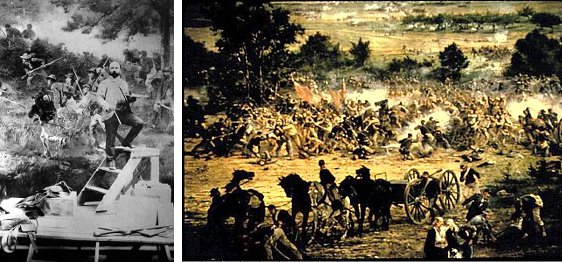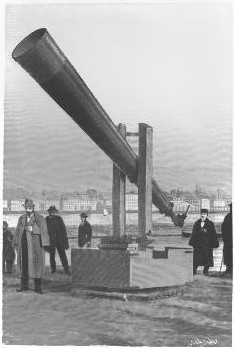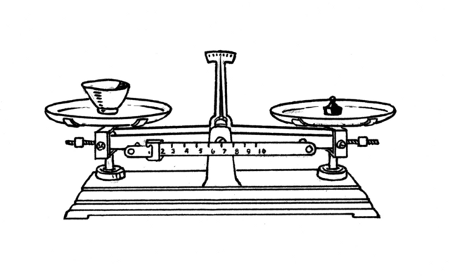Gaze at the good-natured crowd,
List to the noise and the rattle!
Heavens! that woman is loud —
Loud as the din of a battle.
List to the noise and the rattle!
Hark to the honk of the horn
Loud as the din of a battle!
There! My new overcoat’s torn!
Hark to the honk of the horn!
Cut out that throwing confetti!
There! My new overcoat’s torn —
Looks like a shred of spaghetti.
Cut out that throwing confetti!
Look at the gentleman, stewed;
Looks like a shred of spaghetti —
Don’t get so terribly rude!
Look at the gentleman, stewed!
Look at the glare of the rocket!
Don’t get so terribly rude,
Keep your hand out of my pocket!
Look at the glare of the rocket!
Take that thing out of my face!
Keep your hand out of my pocket!
This is a shame and disgrace.
Take that thing out of my face!
Curse you! Be decent to ladies!
This is a shame and disgrace,
Worse than traditions of Hades.
Curse you! Be decent to ladies!
(Heavens! that woman is loud.)
Worse than traditions of Hades.
Gaze at the “good-natured” crowd!
— Franklin Pierce Adams, Tobogganning on Parnassus, 1913



